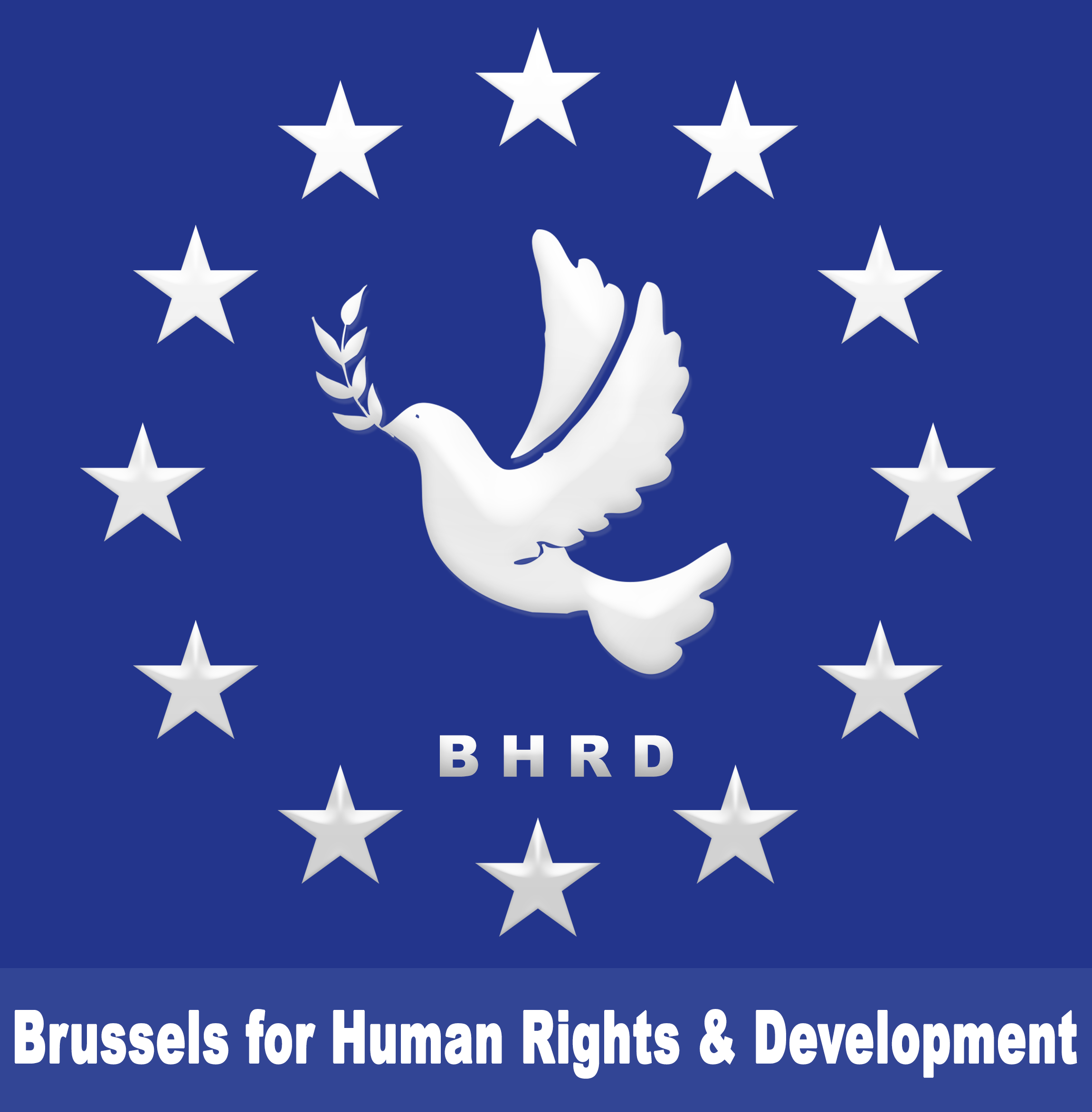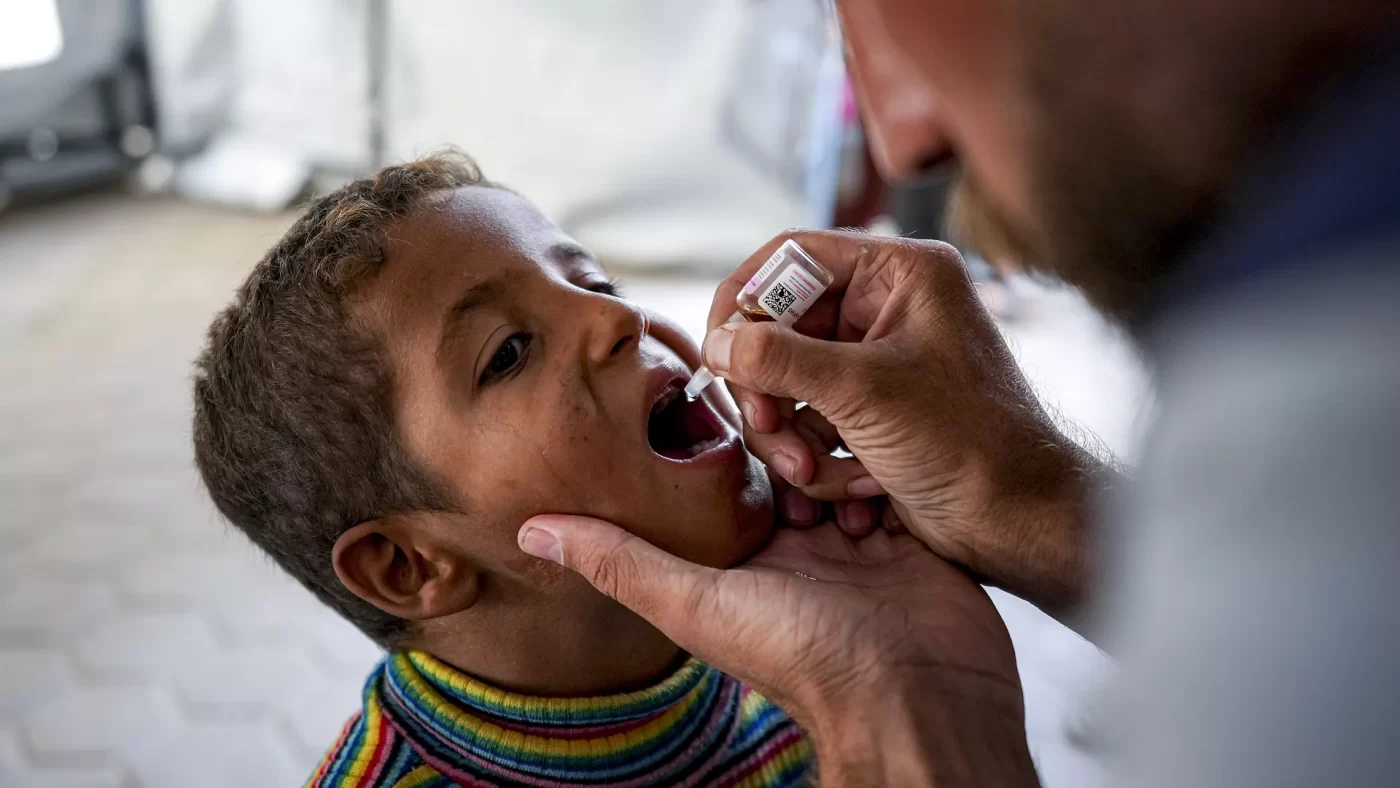In September 2024, a polio vaccination campaign was successfully completed in Gaza, with healthcare workers reaching children in challenging conditions. The campaign, led by the World Health Organization (WHO), faced delays due to regional violence, impacting the delivery of the second round of vaccinations.
According to WHO, 94% of children who received their first dose of the polio vaccine also received the second, despite the obstacles. Nearly 557,000 children under ten were administered their second polio dose, while over 448,000 children aged 2-10 received vitamin A supplements to enhance immune responses.
The campaign achieved high coverage rates, especially in central and southern Gaza, where tens of thousands of people currently reside in emergency shelters due to ongoing military actions. The WHO stressed that the risk of poliovirus transmission remains a concern in Gaza and surrounding areas.
Polio prevention requires two doses administered approximately four weeks apart, with a 90% community vaccination rate necessary to halt transmission. The campaign’s first phase started in early September following a humanitarian ceasefire, though increased violence delayed the second phase in October.
Going forward, the WHO aims to strengthen immunity through routine vaccinations at functional health centers and to enhance disease surveillance to detect potential poliovirus spread. Gaza’s healthcare system, however, remains strained, with only 35% of primary health centers partially operational and 19 of 36 hospitals significantly damaged or out of service.
check the original article here


 العربية
العربية